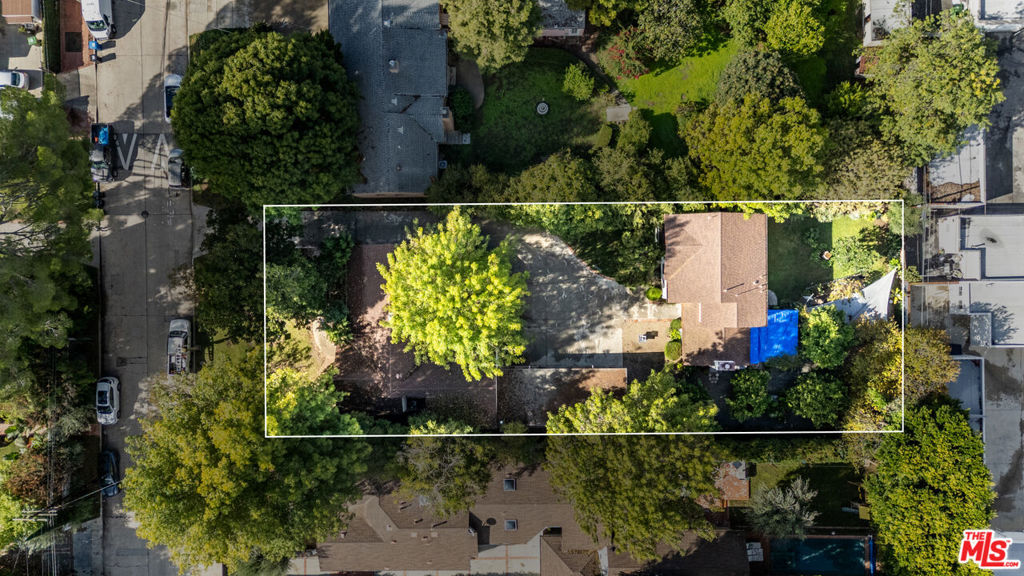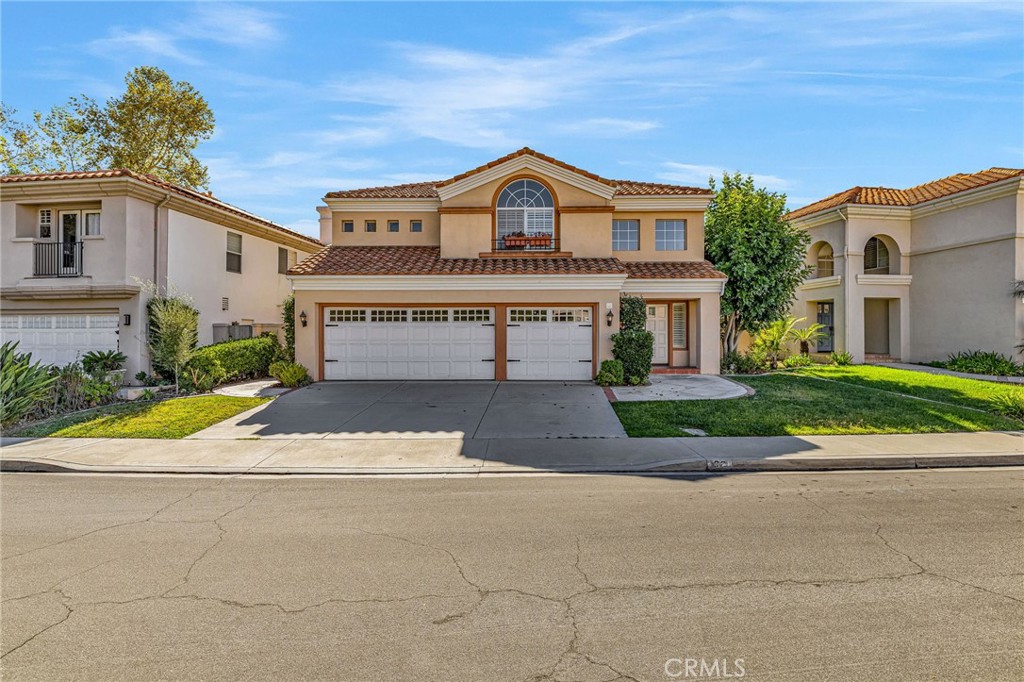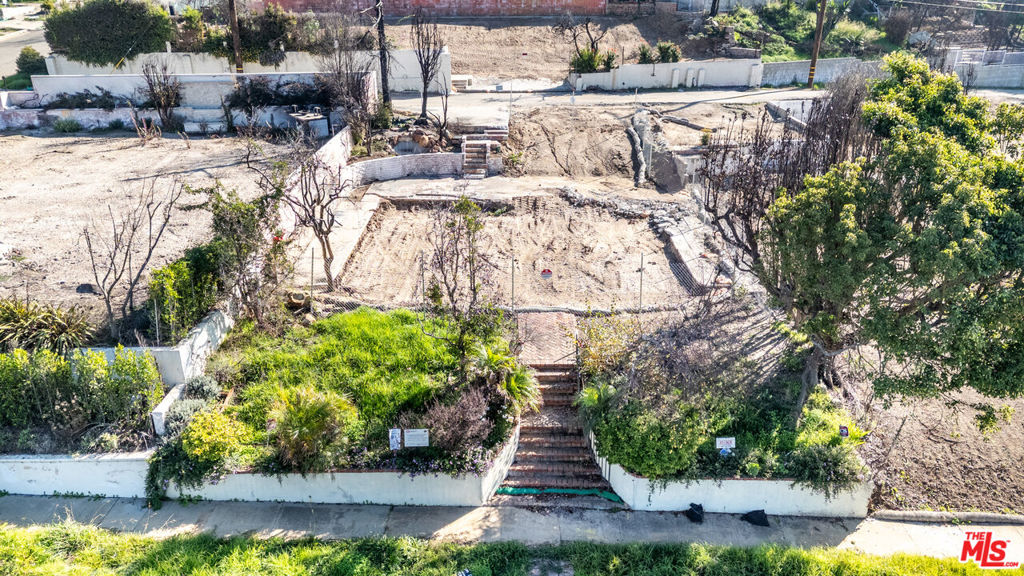When an individual passes away and doesn’t leave clear instructions in their will about what to do with their property, the court must become involved with the sale of that property including any real estate owned for personal use or as investments. These are considered probate transactions, and they are different from regular home sales in a number of ways. Most notably, probate real estate sales sometimes can’t happen without court confirmation. This is usually an unfamiliar process for both buyers and sellers, and it’s important to learn of the unique aspects of a court confirmation sale in detail.
Why is court confirmation necessary?
Court confirmation is necessary for probate sales when the administrator or executor was not clearly granted full authoritative powers by the deceased individual. Since their wishes were unclear, the court steps in to act in what they believe is the best interest of the estate. Usually, this means taking steps to ensure that the property sells for the best possible price. They are tasked with appointing an administrator to oversee the sale of the home and other real estate investments, and they may step in throughout the process to mitigate disputes and hear objections from other beneficiaries.
If you want to advise your loved ones on how to avoid a probate sale in the future, consider helping them create a living trust. This will ensure that the deceased individual’s assets are transferred, outside of probate, to this person after passing.
What happens when property goes on the market?
Once a property goes on the market, buyers can schedule showings or attend open houses like they would for any other listing. The process becomes a little more unique after an offer is accepted. When that happens, the property will stay on the market for 30 to 45 days, and a court date will be scheduled for all prospective buyers to appear in court and bid on the home. Each bidder must submit a 10% deposit for the home that will be returned if they are not eventually the highest bidder.
Do additional bidders have to offer a higher price?
Yes. According to California state law, additional bidders on probate properties must submit bids that are higher than all other previous bidders. Say a property receives an initial offer of $1,500,000. There is a minimum overbid amount that establishes the opening bid, and then the judge will decide the increments from there.
What else must happen before the court date?
After an offer comes in for the home, an administrator must create a Notice of Proposed Action and send it to all heirs and beneficiaries regarding the deceased person’s estate. The administrator must send this notice 15 days before they can take any sort of action, such as holding a court hearing for prospective buyers. If an objection comes in, a court hearing is scheduled so that all parties can fully explain their position. The court will help the beneficiaries and the administrator determine how to treat these concerns. They will work to establish additional time frames during which the court can receive additional information to help them make the decision. If this process fails to provide everyone involved with a consensus about how to handle the sale, the court must decide how to move forward with the transaction.
If there are no objections, what happens when the buyers come to court?
Each interested buyer will have a chance to submit an offer for the home and outbid all other potential bidders. Once a high bid is established, all other bidders will receive their 10% deposit back. In some situations, the court may have to approve the sale one final time.
What are the pros of buying probate property?
Probate homes will often sell for lower prices since the executor and the court are looking to find a deal as quickly as possible. Investors may find that they are able to save money on the purchase of a new home while maintaining their chances of turning a profit when they have the home ready to rent or flip.
What are the cons of buying probate property?
Because probate homes sometimes sit vacant for long stretches of time before they sell, the home may need more repairs or maintenance before it is move-in ready. These deals also don’t allow for contingencies, and you may spend more time preparing for closing because of the additional parties involved with the sale. Buyers can also share the responsibility of legal and appraisal fees with the seller, and the IRS must get involved before the sale can be completed to make sure that the previous owner does not owe any outstanding estate taxes. With so many unique circumstances involved, it’s normal for probate sales to take longer than other types of real estate transactions.
How can a real estate agent help?
Dealing with probate real estate sales is a difficult process for anyone who doesn’t fully understand the related legal ramifications. You’ll benefit from partnering with a trusted local real estate agent specializing in probate real estate, who understands what’s happening throughout every step of a probate sale. Not only can an experienced real estate agent help you better understand the unique laws and requirements around dealing with probate transactions, but they will also assist you in the marketing and staging of the home. They will represent you in conversations and negotiations with prospective buyers so that each person fully understands the unique situation of the home sale.
If you have more questions about California probate real estate, feel free to contact The CREM Group. Their agents have experience in real estate law, and they take pride in educating their clients about the intricate nuances of probate sales so that they can move forward with wisdom and confidence. Reach out to their office if you’re trying to decide how to move forward with a probate sale. They would love to help you however they can.
If you have more questions about California probate real estate, feel free to contact The CREM Group. Their agents have experience in real estate law, and they take pride in educating their clients about the intricate nuances of probate sales so that they can move forward with wisdom and confidence. Reach out to their office if you’re trying to decide how to move forward with a probate sale. They would love to help you however they can.



